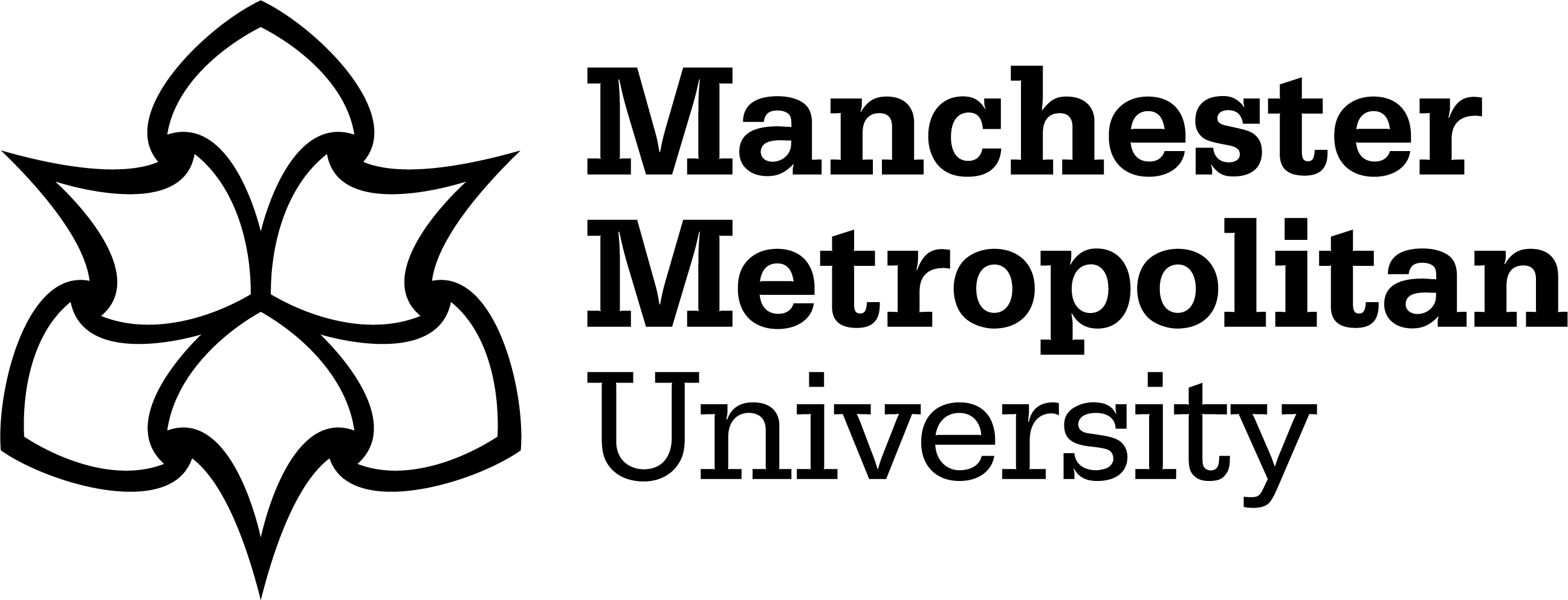- ...
Masters Compare - Find your perfect masters course.


Are you interested in learning to use mechanics to improve lives?
Bone metastasis occurs when cancer cells spread to bones, causing short life expectancies and life-debilitating symptoms. Fracture of metastatic bone remains challenging to predict, meaning that treatment such as physiotherapy (often following surgery) must be conservative, extending recovery times. Understanding the mechanics of metastatic bone failure, by using enriched continuum models (such as micropolar ones, that have been shown to accurately model trabecular bone) could provide clear links between bone scans and fracture risk.
This PhD project will involve the development of computational tools and methods to extract enriched continuum models from healthy and metastatic bone scans, using finite element and geometric approaches. You will work with a supervisory team with expertise in enriched continuum models (Dr Duncan), as well as bone scanning and characterisation (Drs Ireland, Winwood, and Wadge).
External advice, collaboration, and travel opportunities will be available via. external project advisors (Dr Dias, University of Edinburgh, and Dr Budzik, Aarhus University, Denmark), who are both experts in crack propagation in cellular solids. You will also gain valuable experience and insights from our clinical partners in The Christie NHS Foundation and The Royal Orthopaedic Hospital NHS Foundation Trust.
Project aims and objectives
The qualifications, skills, knowledge and experience applicants should have for this project, in addition to our standard entry requirements.
Essential:
Desirable:
We welcome applications from individuals from groups underrepresented in postgraduate research, including but not limited to women, LGBTQ+, and minoritised ethnic groups.
A successful candidate joining our vibrant, growing doctoral community in the new £117M Dalton Building with cutting-edge facilities.
The student will be in receipt of a stipend payment; the Research Council minimum rate (set by UKRI) is £20,780 for 2025/26.
Home and Overseas students can apply. Home fees are covered. Eligible overseas students will need to make up the difference in tuition fee funding.
Interested applicants should contact Dr Oliver Duncan (O.Duncan@mmu.ac.uk) for an informal discussion.
To apply, you will need to complete the online application form for a full-time PhD in Engineering.
You should also complete a narrative CV (500-1000 words) addressing the project’s aims and objectives, demonstrating how the skills you have map to the area of research, how your experience makes you suitable for this position, and why you see this area as being of importance and interest.
You will need to upload your statement in the supporting documents section of the University’s Admissions Portal.
Applications closing date: 18 May 2025
Expected start date: October 2025
Please quote the reference: SciEng-OD-2025-Metastatic bone micromechanics
Manchester Metropolitan University fosters an inclusive culture of belonging that promotes equity and celebrates diversity. Please ensure that you take into account our Inclusive and Diverse Culture Strategy when preparing an application.
Home and Overseas students can apply.

Think more. Think Manchester Met. At Manchester Metropolitan University, we pride ourselves on creating a warm, engaging and suppor...